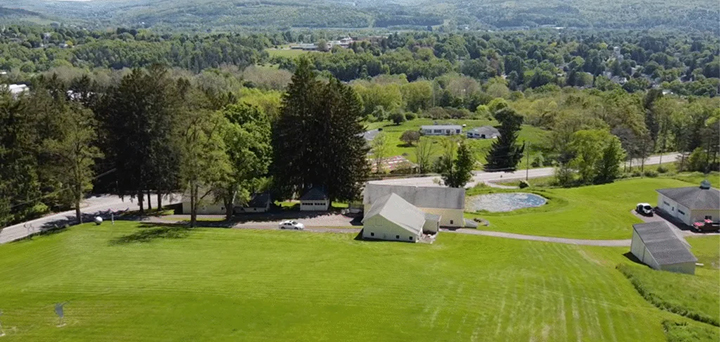Piping for gas ... Landowners learn their rights
NORWICH – A group of 120 hopeful landowners turned out Wednesday evening for a Chenango County Farm Bureau forum to learn how to negotiate profitable leases for natural gas that may or may not lie beneath their property.
During the gathering, Gary Kuehl, who owns 91 acres in Smithville, said he had been approached that morning by an oil and gas company. “After what I learned here tonight, I’m glad that I didn’t sign anything,” he said.
The event, held at Norwich High School, was specifically directed at landowners as opposed to oil and gas company representatives. When two of a handful of executives present in the auditorium attempted to interject during the nearly three hour discussion, they were asked to sit down.
“This is not a debate. ... We are here to protect the landowners’ rights. ... This is not your forum and you may not speak,” Southern Tier attorney Chris Denton said.
Denton, one of three speakers at the informational meeting, began studying mineral rights law in 1998 when large quantities of natural gas were discovered in Trenton/Black River reservoirs in Chemung County. It is estimated that the natural gas industry has invested approximately $200 million in New York, primarily to develop faults in the Finger Lakes and south central New York.









Comments